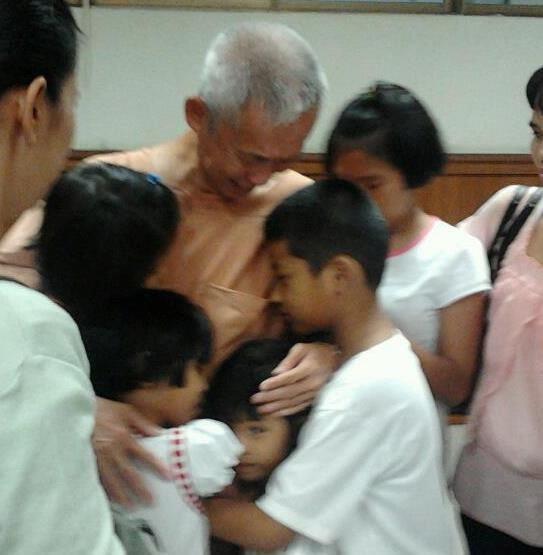The Pheua Thai government has now firmly clarified its position on moves to reform Thailand’s lese majeste law. The Bangkok Post quotes Deputy Prime Minister Chalerm Yubamrung who said:
Some people seem to overreach their bounds and express their wishes to amend Section 112…What right do they have to change it? What power? They can only talk…The [Pheu Thai] party will never change this law. I will also oppose anyone who proposes that it is changed.
He has, of course, said similar things before. But there is now no doubt that the lese majeste law will be maintained by Prime Minister Yingluck Shinawatra’s Pheua Thai-led government for the foreseeable future. This raises all manner of intriguing questions and scenarios.
I think some of these were summed up best by Singapore-based political scientist Pavin Chachavalpongpun in The Wall Street Journal when he argued that:
Puea Thai supporters suspect that Ms. Yingluck may have struck a grand bargain with the traditional elites: If she leaves the lese-majeste law alone, they will not overturn her government by street protests, court cases and military intervention, as they did previous pro-Thaksin governments. If this is true, the class war is over and the Puea Thai has become an accepted part of the Thai elitist world.
This might bring stability to Thailand for a time. But it is not sustainable. In their frustration, Ms. Yingluck’s supporters may turn to more radical groups. The more the elites exploit the lese-majeste law for their own purposes, the more they erode true support for the monarchy. By stopping progress toward democracy, they are ensuring that when class war resurfaces it will be even more divisive.
This is an important line of argument and one that will, I’m sure, be developed over the months ahead.
 Facebook
Facebook  Twitter
Twitter  Soundcloud
Soundcloud  Youtube
Youtube  Rss
Rss 